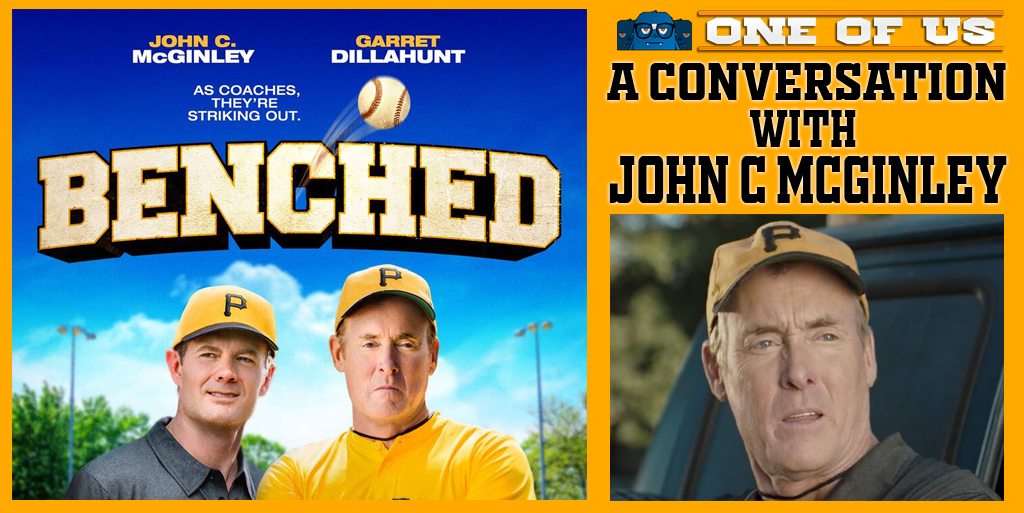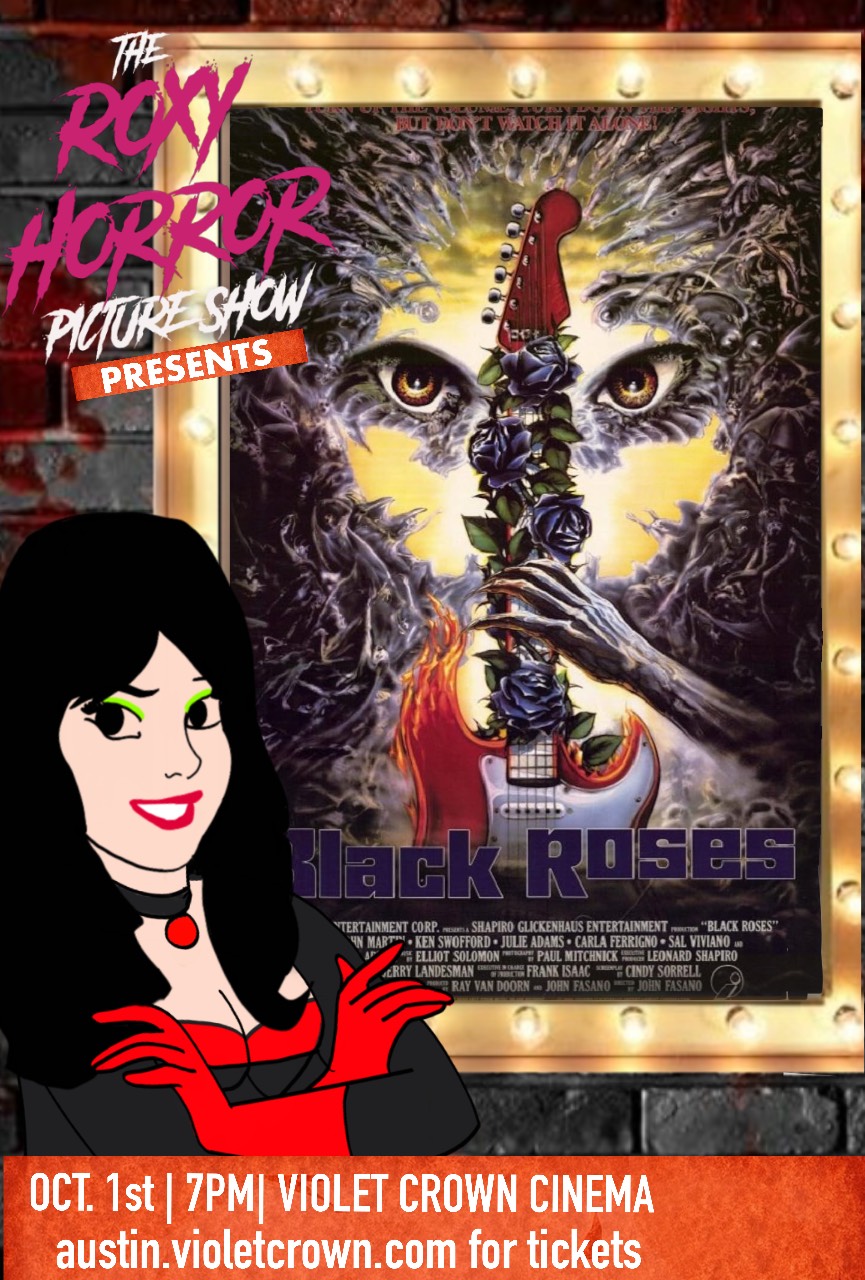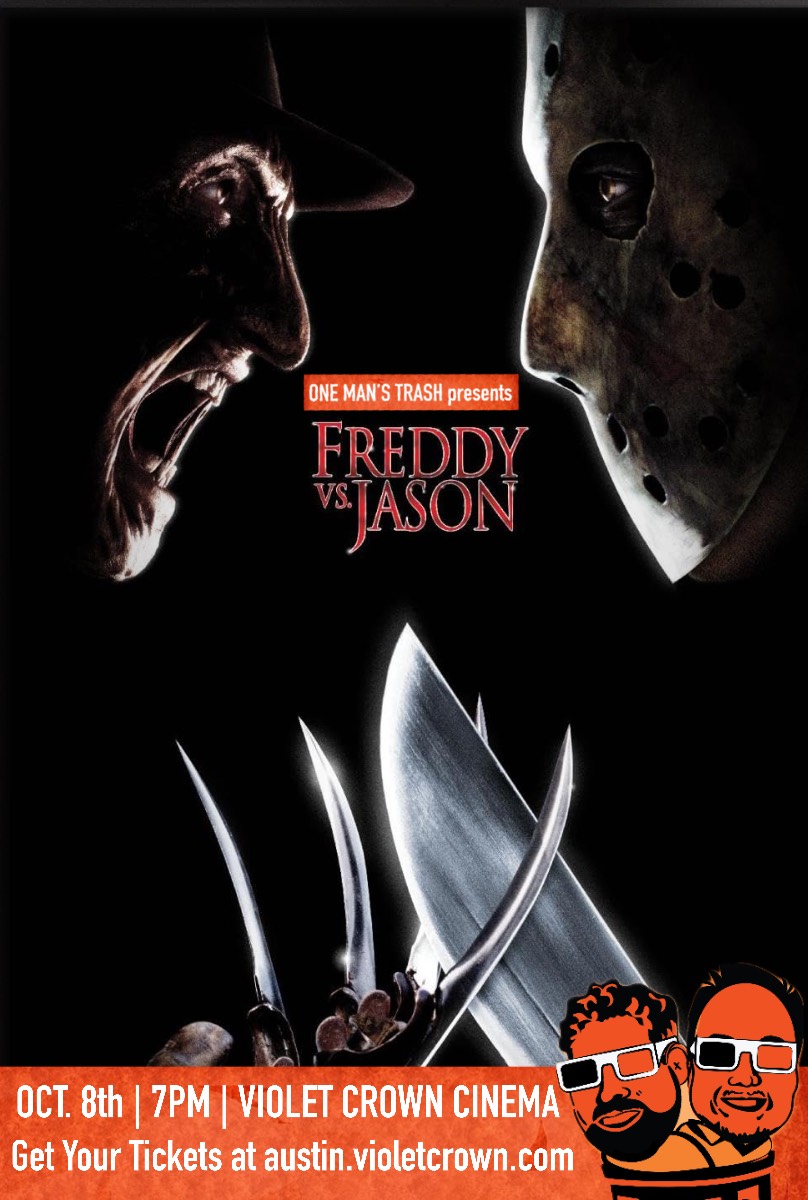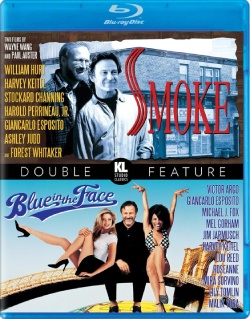Benched: A Review and Conversation with the Star John C. McGinley
By, Elliot Fontenette.
I was lucky enough to be able to do an interview with John C. McGinley about his new movie Benched! It was a phone interview and sorry to say the audio was not good enough to put on the website,so we transcribed it and reproduced it below.
First, however, let me say a bit about the movie. I was able to see the movie before the interview and it really is a special film that will stick with you.
Benched is about a coach, his Little League team, and the new assistant coach (played by Garret Dilahunt) who he has to figure out how to work with in order to get their team to victory. It is less a sports movie than it is a movie about dealing with life, loss, and coming out on the other side intact, if a little changed. It is about dealing with the everyday grind and figuring out what keeps you going and why. For anyone, in a bit of a malaize about life and how to keep going I recommend you watch this movie. I don’t want to give to much away except to say I recommend it and give it 8 Whistles out of 10. The interview has more details about the film.
Benched opens on August 17, 2018.
The interview is below – #SPOILER ALERT#
John: Hi Elliott.
Elliott: Hello sir, first thing I want to say is just that it’s an honor to talk to you. You’ve always been one of my favorite actors and I hope we can have a pretty good chat, ok?
John: Thanks Elliott.
Elliott: First, what attracted you to the role of Coach Don?
John: I thought the script was really magnificent. It’s based on a play that Richard (Dresser) wrote. When you do a play and there’s only two people on stage, it’s called a two-hander, and those are really efficient pieces because the two actors on stage have to create all the off-stage lives. So, in the context of “Benched”, which when it was a play was called “Rounding Third”, there are no little kids in it, there’s no little league baseball, there’s only what these two actors on stage generate. Richard opened it up and included all of the little league baseball and the different love interests and conflicts that you get to see instead of hear about. I just thought the piece was magnificent. I was flattered that Fred who was Francis Coppola’s director of casting and then ended up becoming a very successful producer in his own right, had been trying to put me in something for about 20 years and just never found the right thing. Fred called me and said, “I finally have a role for you” and he sent it to me and I read it and it blew the back of my head off. I Just thought it was amazing.
Elliott: It’s a really good movie with great performances and those performances really carry it because it is just these two characters most of the time. One of the things I liked about Coach Don is that he’s very layered. How do you prepare to play such a layered character because at the beginning he seems sort of gruff but as you go on you see all the complexity.
John: I thought he was so damaged and was dealing with so much loss between the loss of his wife and he hasn’t really worked for awhile… when men are lost they usually become pretty interesting and that’s who Coach Don is. He’s very lost and damaged. Writers can write those eccentricities and they can put those characters on the page. Sometimes you have to show up on a set and pull a rabbit out of a hat. Not with Coach Don. He’s so well-drawn on the page. And by the way, it was letter perfect on that script; there was no improving in that movie except for when Coach Don is encouraging people from first base, but everything else is on the page. I can’t tell you how much easier it is to show up and not have to reinvent the wheel next time somebody calls action.
Elliott: That’s a real treat to have a script like that. The dialogue was so strong and just so interesting. One of the things I take from the movie is how you keep going and try to make connections even if it’s hard. What do you want viewers to take from the movie? What would you hope they take from it?
John: I thought it was really interesting that we worked backwards when we were breaking the script down. There’s that great monologue that I have in the gymnasium with Garret when I explain that if Billy Nathan hadn’t gotten kicked off third with two outs in the bottom of the seventh when we were in little league, because he got kicked off because he was in some sort of dream state and wandered off third, I didn’t get to bat. I tell Garret that I know for certain that if I had gotten to bat I could’ve driven that run home and we could have won. And I think the way that impacts young Coach Don and then as an adult, the mandate he takes from that is, I’m gonna save your ups. You’re gonna get your at-bat if you stay under my umbrella and follow what I’m telling you to do, you’re going to get your ups. In baseball parlance, ups is your at-bat. I think it’s lovely that that’s what is takeaway is and it becomes this really protecting force for these kids even though he is a little gruff. It was the one thing he didn’t get and he knows how much that sucks. He’s not going to let them be exposed to that kind of hardship. You’re going to get your ups. Just do what I tell you. And that’s fantastic.
Elliott: They can sort of pigeonhole a character into one thing and Coach Don is so much more than that. What was it like to work with Garret?
John: I’d watched Garret in the HBO western (Deadwood) that he did and he was so great in it. David Milch was the executive producer. And he was so great in it he died and then they brought him back as a different character. He dies in the end of the first season and then they bring him back as this kind of dandy assassin. We both went to NYU grad, years apart, and so we had a similar training background and kind of a shorthand to talk. I had no small amount of apprehension about who was going to be cast in that role because I was set in it months before and I was not one of the producers on this so I did not have a say. But I was thrilled when it turned out to be Garret because he has a totally different rhythm than I do, completely different sensibility, and he is magnificent in the movie. Magnificent.
Elliott: This isn’t directly related to “Benched”, but how do you shift gears between roles. That has to be hard. Say, between Coach Don and “Stan Against Evil”.
John: To me, it’s all about what’s on the page. If the words are on the page and there’s a clear path to what you’re doing, how you’re participating in this storytelling, then you just have to do the work. But if it’s not… I’ve stopped participating in movies where it’s not on the page and everyone’s gonna get together and we’re going to do a séance and hope this thing works out ok.
John: “Benched” we shot in three six day weeks, so it was eighteen shooting days. That’s preposterous but we somehow did it. And the film came out… I just think it’s a lovely, lovely, well-told tale.
Elliott: One of the things I really liked is that it doesn’t go towards “The Bad News Bears” completely or “The Mighty Ducks”.
John: NO NO NO NO NO. “Bad News Bears” is kind of a farcical kids movie. “Bad News Bears” doesn’t have half the heart that “Benched” does. There are parts in “Benched” that are very moving.
Elliott: Yes! I’ve taken some stuff from “Benched” I’m going to apply to my life. Stuff about dealing with loss and how to keep going and be the best person you can be.
John: Exactly. “Bad News Bears” is kind of a cute little kids movie where Walter Mattheau’s sort of phoning it in and Jodie’s good in it but it doesn’t really amount to anything. “Benched” is this really epic tale about loss and trying to reconcile what you’re supposed to do when fear and positioning and men manipulating each other, it’s just very layered and delicious.
Elliott: What was it like working with the kids?
John: They were uniformly magnificent and I don’t love kids on sets because I’d rather they be having their life and doing their thing and being kids. It’s really hard to be on set. Somehow, whoever the casting person was on “Benched”, he or she did one of the best jobs I’ve seen in a long time. That ensemble of young actors, they were just incredible. We were in 105 degree heat with 90 degree humidity, and those kids didn’t make a peep. The camera functions as an x-ray machine and when you get in front of it, it can see right through you, and you can see how much I loved those kids, and the character also loved them. There was no acting, I absolutely adored those kids.
Elliott: Do you have any favorite roles from your past that you really enjoyed?
John: I would say “Glengarry Glen Ross” on Broadway with Al Pacino and Bobby Cannavale and my friend Richard Schiff. We did that a couple years ago. We only did 100 performances and it was probably the greatest experience in my acting life.
Elliott: I loved you in “The Belko Experiment”.
John: It’s funny, because I didn’t have anything to really say in Belko. I had “Benched”, I brought the offer and the script down to Bogota with me and except for Tony Goldman I didn’t really know any of those actors. I was overwhelmed by the quality of that ensemble. But while I was in Bogata, I knew I had to go directly to Nashville from there when I wrapped so I rented out a rehearsal space there and whenever I identified one of the actors in the ensemble who were light on the call sheet on a particular day, I would literally kidnap and bring them to my rehearsal space and make them look over “Benched” with me. And I did that for the better part of three months.
Elliott: It’s hard for me to say how much I really enjoyed “Benched” but I’m also not terribly objective because I enjoy most of what you do, from the time you were on the “Boondocks”, and especially “Scrubs”. The episode “My Lunch”.
John: Yep, that’s my favorite one.
Elliott: How did you summon the emotion for that? It’s just so raw.
John: I think that was either season 4 or 5… I was pretty locked into Dr Cox’s sensibilities by then. The executive producer of the show was a guy named Bill Lawrence who is a dear friend of mine and he put some meat on the bones for Dr Cox to chew on in that one and so it was pretty fun stuff.
Elliott: Is there anything else you would want people to know about “Benched”?
John: It’s a family oriented comedy with a ton of heart. I think it fits into the summer schedule beautifully and it’s unlike anything else out there right now. It’s not a superhero movie. It’s very relatable to most of us who went through these different trials and tribulations when we were younger. I think it’s a very accessible, incredibly funny, well-told tale.
Elliott: Thank you so much for taking the time to talk with me, I know you’re busy. I thank you for letting me see the movie and taking the time…
John: Cheers, Elliott. It was nice talking to you.






